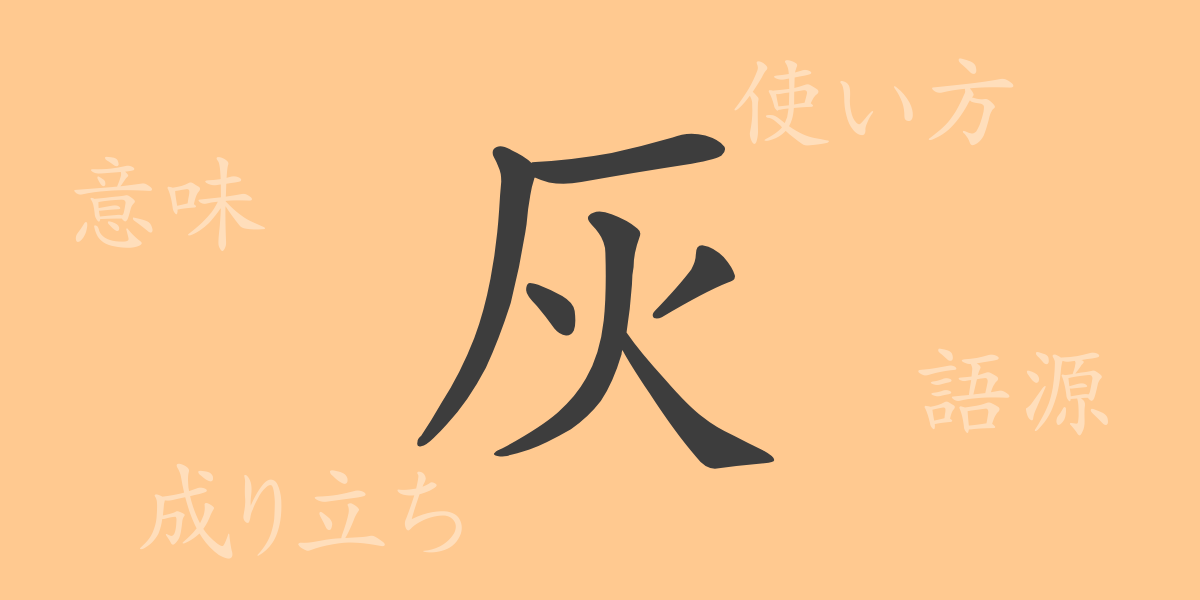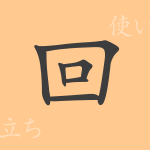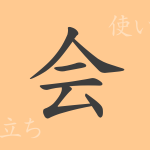There are numerous kanji characters in the Japanese language, each with its own unique history and meaning. “灰” (Hai) is one of the kanji characters we often encounter in daily life, and our surroundings are filled with various cultures and expressions related to “灰” (Hai). In this article, we will delve into the origins of the kanji “灰” (Hai), its meaning, usage, pronunciation, number of strokes, radical, and even phrases and idioms using “灰” (Hai), exploring its charm.
The Origin of 灰 (Hai)
The kanji “灰” (Hai) represents the ash residue left after wood or grass has been burned. This character was formed in ancient China and consists of the element “火” (Hi), which means fire, and “厂” (Gandare), which signifies earth, combined below it. It is said that the character for “灰” (Hai) was depicted by drawing the ash remaining after a fire on the ground.
The Meaning and Usage of 灰 (Hai)
“灰” (Hai) refers to the powdery residue left after something has been burned. Generally, it denotes the remnants produced by combustion, such as from a fire or cigarette ashes. It can also be used metaphorically to describe something that has lost its value or is considered insignificant. In terms of usage, it appears in everyday language in forms such as “灰皿” (Haizara – ashtray) or “灰色” (Haiiro – gray).
Pronunciation, Number of Strokes, and Radical of 灰 (Hai)
The kanji “灰” (Hai) is part of the set of commonly used kanji in Japan, and its pronunciation and elements are as follows:
- Pronunciation: The onyomi (Chinese reading) is “カイ” (Kai), and the kunyomi (Japanese reading) is “はい” (Hai).
- Number of Strokes: The character “灰” (Hai) consists of 6 strokes.
- Radical: The radical is “火” (Hi), but it can also be categorized under the radical “厂” (Gandare).
Phrases, Idioms, and Proverbs Using 灰 (Hai) and Their Meanings
There are many idioms, phrases, and proverbs that include the kanji “灰” (Hai) in the Japanese language. Here, we will explain the meanings of a few selected ones:
- 灰色労働者 (Haiiro Roudousha): A term referring to people who work in non-regular employment without belonging to a clear job category.
- 灰になる (Hai- ni -Naru): To become completely burned out, indicating a state where nothing is left remaining.
- 灰汁を取る (Aku -wo- To-ru): A culinary term meaning to remove impurities from dishes like stews. By extension, it means to eliminate the bad parts.
Conclusion on 灰 (Hai)
The kanji “灰” (Hai), with its simple shape, carries a variety of meanings and is widely used in the Japanese language. While we may use “灰” (Hai) casually in our daily lives, knowing its deep history and cultural background allows us to appreciate its charm even more. Through the phrases and proverbs introduced in this article, we hope you have gained a deeper understanding of “灰” (Hai) and rediscovered the richness of the Japanese language.

























